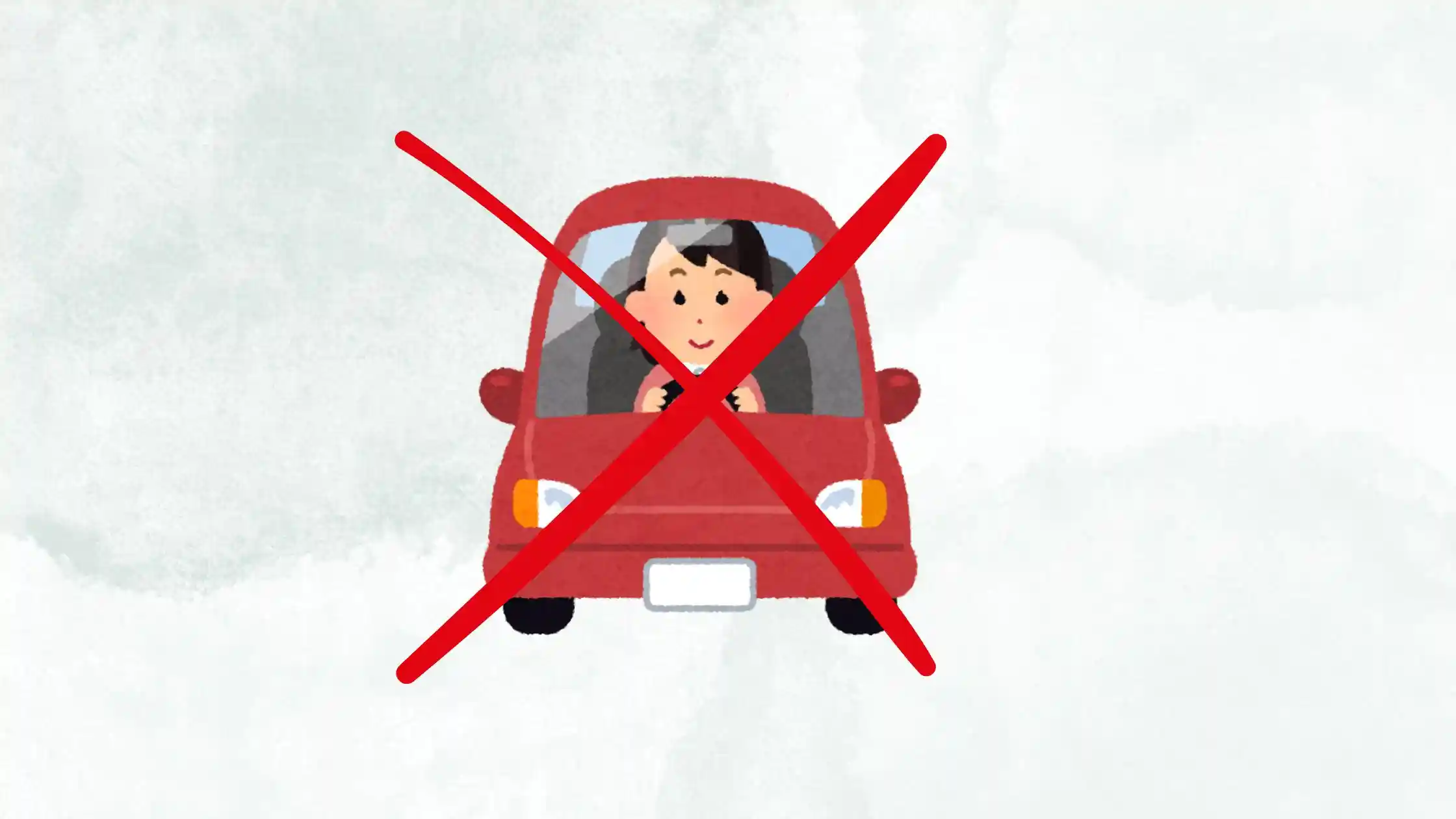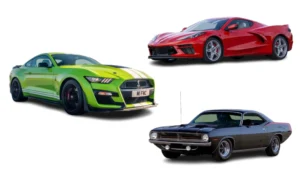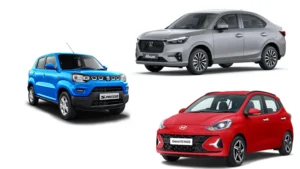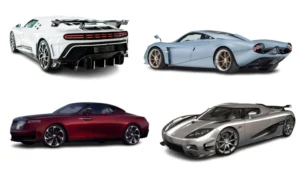As India’s city regions hold to amplify and its financial system grows, air pollutants has become a pressing issue for each country and national government. To fight this hassle, the Energy Transition Advisory Committee has placed forth a recommendation to absolutely ban out diesel vehicles by using 2027.
There is a possibility that this ban might be implemented in cities in which pollutants density exceeds a million humans. Not handiest could this ban observe to new vehicles, but also to vehicles older than ten years, and petrol-powered automobiles may also be affected. It ambitions to aid India’s electric powered automobile coverage.
In comparison to petrol-powered cars, diesel motors emit extra harmful pollution. It is critical to recognize the reasons behind the capability ban if you personal or plan to shop for a diesel vehicle. We will look at how a diesel car ban will effect India, in addition to the challenges that it’s going to face in enforcing it.
In India, What Will Be The Impact Of The Diesel Car Ban?
From internet sources, it has been known that for a long period of time diesel has made a very dominant fuel in India where it contributes 40 percent of the total refined fuel where 80 percent has been eaten up by the transport sector. The sale of diesel cars reached new heights exactly in 2013 year, and it took already 49% of all sedans and other types of passenger vehicles. Due to fluctuations in prices on the fuel over the years there has been a shift in the popularity of diesel cars and the share of global sales by 2021-22 stood at less than 20%.
A diesel vehicle ban in India would pose several challenges, according to automotive experts. For compliance with government regulations, car manufacturers have already made significant investments in upgrading BS IV diesel engines to BS VI engines. A ban on diesel vehicles may waste these investments, according to experts. Furthermore, since diesel is widely used in trucks and buses, a ban could disrupt the transportation sector significantly.
How Will the Diesel Car Ban Impact India?
Currently, no final decision has been made on implementing the ban. This will be a very difficult task for the government to perform if they will decide to ban diesel-powered vehicle both in a wide and quick manner. To add the context, it took more than one and a half decade for Europe to adopt the Euro-6 emission standards fully while for India it is a baby step that they are taking toward the implementation of BS-VI standards.
The sudden restriction of diesel vehicles may therefore not be necessary. Vehicles powered by way of diesel typically have lower working expenses and higher overall performance than those powered by way of petrol. It may want to motive serious economic problems for a huge part of the Indian population if diesel cars are banned.
What Are The Reasons Why The Government Might Consider Banning Diesel Cars?
Environmental Reasons
Diesel vehicles emit a lot of pollutants. Their presence contributes to the formation of ground-level ozone, which is harmful to crops and plants. Also, diesel vehicles emit nitrogen oxide, which causes acid rain and affects the quality of soil and lakes. Additionally, they emit particulate matter (PM), which has been linked to asthma and is lethal if inhaled.
Adoption Of Electric Vehicles
Some of the relatively new inventions are the electric vehicles otherwise referred to as EVs, which have recently gained some traction. This has resulted into the introduction of favorable policies in support of EV adoption and enhancement of access to infrastructural necessities that act as enablers of the technology. Challenges and prediction, it is believed that electric vehicles will markedly diminish India’s importation of oil and pollution from vehicles.
It’s Cheaper to Use Diesel
It has historically been less expensive to buy a diesel vehicle than a petrol car because of the rate difference between petrol and diesel. In current years, this margin has reduced, making petrol automobiles greater appealing. As a result of stricter regulations, diesel engines have now become more expensive.
Potential Challenges of Implementing a Diesel Car Ban Before 2027
A government decision to ban diesel cars has not yet been made, and the report’s recommendations have not been accepted yet. Even though the diesel ban is uncertain, we analyze how it might affect India. It may be difficult to implement a measure so drastic and possibly impractical for 2 key reasons.
Challenges for Diesel-Powered Vehicles
Diesel fuel remains the fuel of choice for most commercial vehicles, such as small trucks, buses, and cabs, despite the rising popularity of petrol, hybrids, and compressed natural gas. Diesel vehicles continue to dominate the mid to large-size commercial vehicle market due to their superior efficiency, cost-effectiveness for long-distance travel, and ability to handle challenging conditionorder s and heavy loads. In remote and hilly areas, diesel-powered four-wheelers are often the only viable option for transporting goods and services.
Infrastructure for EVs and Hybrid Cars
Despite their advantages in fuel efficiency, hybrid cars still face challenges in replacing diesel cars by 2027. The high cost of hybrid technology and the limited availability of EV infrastructure make them less accessible to many car buyers. Furthermore, while charging stations are more prevalent in urban areas, concerns over their reliability persist. Additionally, hybrid cars tend to have lower power and slower acceleration compared to their diesel counterparts.
Conclusion
The government is proposing to ban diesel motors in order to popularize other types of fuel such as electric fuel. Since the buying of a car is normally associated with a long-term basis, it would be important to be acquainted to this ban in case you are thinking of buying a diesel car. Invest in an automobile so that it will stay realistic for future years and insure it thoroughly to keep away from unforeseeable troubles.
FAQs
Is it confirmed that diesel cars will be banned in India by 2027?
No, in India there is currently no confirmed ban on diesel cars. A proposal has been considered by government officials, but no final decision has been made.
Why is it beneficial to ban diesel cars?
A diesel car ban could reduce air pollution, encourage the adoption of electric vehicles, and potentially lower petrol vehicle prices.
How does a ban affect the average consumer?
A sudden ban on diesel vehicles in India would be highly disruptive. Hybrids and electric cars, which are considered potential replacements, would also have infrastructure challenges.









